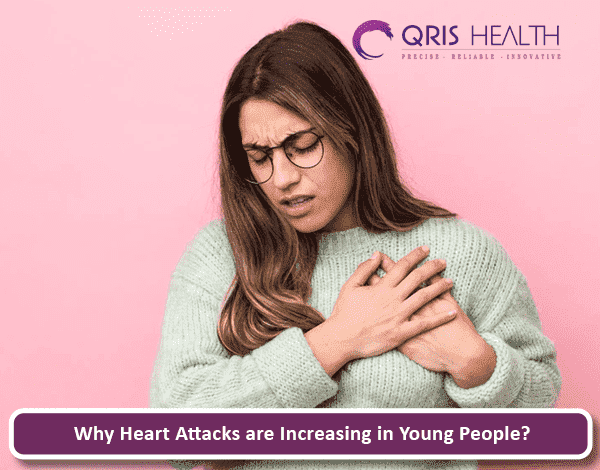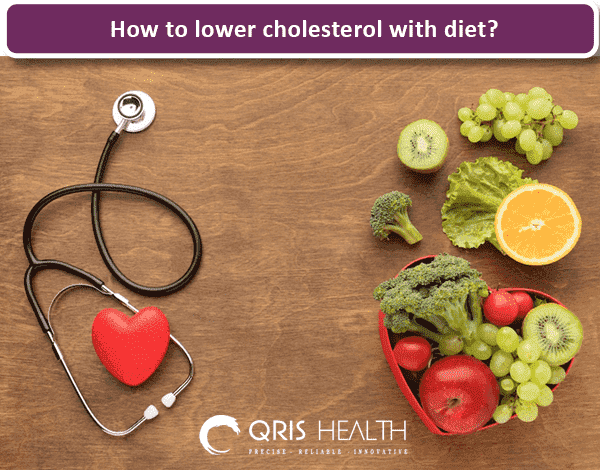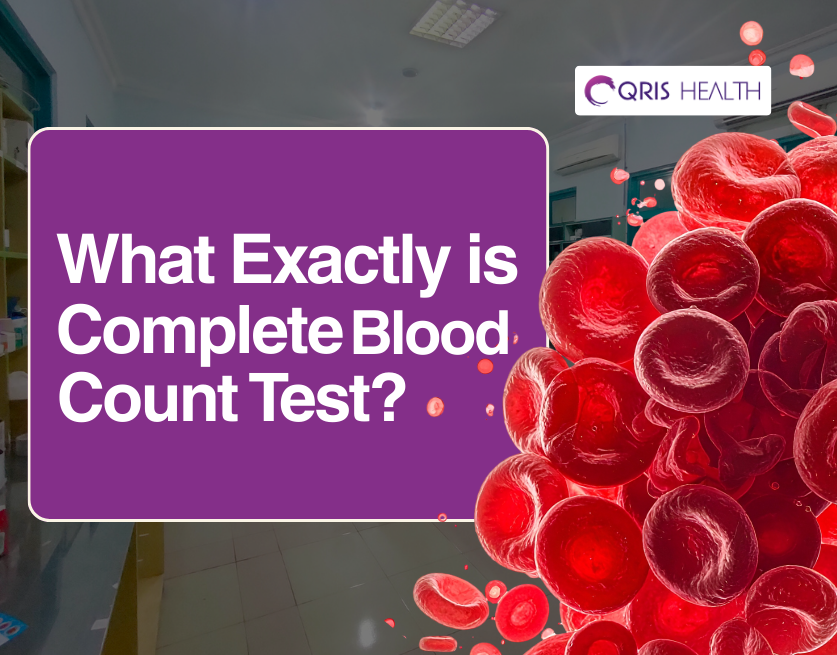Drinking alcohol is not good for your inner body under any circumstances, affecting your liver the most. The biggest fact is one drink takes an hour to process- imagine the duration for multiple drinks. During this time, the blood contains the alcohol. The longer the duration, the higher the effect. The capacity of the liver is restricted when it comes to digesting the alcohol. During these circumstances, when the quantity is high, the unprocessed alcohol is circulated in the bloodstream. Surprised! This liquor then attacks the blood-pumping machine, your heart and later, your brain. People become intoxicated in most of the cases. Chronic alcohol abuse may lead to certain unavoidable circumstances which might destroy your liver cells. The results can be deadly, like disfigured liver cirrhosis followed by cellular genetic variation. Some people have also shown the possibility of organ cancer.
If you are consuming too much alcohol, eventually, you will be a victim of alcoholic liver disease. Certain drugs, when taken before or after the alcohol, may harm your liver equally. It is always advisable alcohol and medication should never be taken together unless your doctor suggests it. Taking paracetamol with alcohol can damage your liver terribly, so it should be avoided. Besides paracetamols, sleeping pills, painkillers, antibiotics, and medicines for anxiety and depression are a big NO with alcohol.
Symptoms to keep a Close Eye To Check Liver Damage
Whether you are a regular drinker or an occasional one, alcohol can cause a variety of liver problems. Certain diseases like alcoholic fatty liver can be commonly seen among regular heavy drinkers. Next, alcoholic hepatitis, which causes inflammation and leads to liver degradation, is also one of the outcomes. One should remember this can take a turn into cirrhosis, and we all know how serious it can be.
Consuming alcohol for a longer duration may increase the possibility of oesophagus cancer, mouth and breast cancer, colon cancer, liver cancer and more. During the pandemic, it affected more who were alcoholics as alcohol reduces the immune system and made it tough to stand against it. Alcohol effect is beyond the criteria, illness and has a long way. It also develops behavioural issues. It becomes essential to check for alcoholic fatty liver possibilities for drinkers. In a study, it is revealed that, in a duration of two hours, men who consume at least five wine glasses in two hours and women consuming four glasses of wine have more chances of having liver-related issues. It was also revealed that people who start drinking at an early age may unknowingly fall prey to sexual assault, unintentional injuries, overdoses on alcohol, and death due to accidents. Sad, but it is the harsh reality!
Alcohol Effect on your Liver- An Eye Opener
Drinking too much alcohol was never appreciated by any group. It can have a severe effect on your liver and can attract especially, three types of issues related to the liver:
Alcoholic liver disease causes annoying inflammation in the liver.
Cirrhosis based on alcohol or those regenerating regular liver tissues is also common. Here, we are not discussing scar tissue.
Hepatic steatosis or liver cirrhosis in which fat accumulates in the hepatocytes.
Fatty Liver
You will find fatty liver issues in almost every second regular drinker. Little did you know it is the root of all possible liver issues. Most of such people have no registered sickness, but they do have fat liver or those unwanted irritation in the extreme right part of the abdomen. Things can get smooth if this problem is detected at an early age. The best advice here will be to leave drinking habits, but sadly, they are followed by a few.
Hepatitis Due To Alcohol
Alcoholism is a common symptom seen in regular drinkers in which the liver swells, and inflammation occurs at a great rate. The liver cells get damaged at an alarming rate. It can be severe and take the form of jaundice, nausea, pyrexia and unbearable abdominal pain. The patient has to stop drinking forever, or else the damage can be serious. A test should be done immediately to know the exact condition of your liver if you experience any of the symptoms. People residing in or near Delhi can visit Qris Health for a quick liver analysis at a light price.
Cirrhosis
You must have heard somewhere. Alcohol kills you slowly, and cirrhosis is one such example. After consuming alcohol for 10 years or more, patients can experience this. Though it is common among regular and heavy drinkers, one should be careful enough from day one. Leaving alcohol is the only solution here.
The Bottom Line
The function of the liver is irreplaceable in the human body, and we always suggest not to be harsh on it. Some things that can take you to healthy livers are:
Adapting a healthy lifestyle
Doing regular checkups
Giving up smoking and drinking
Sitting under the sun to get Vitamin D
Having some coffee can help.
Remember, it's your body; take care of it and take liver tests from time to time.
We Suggest following Test/Package related to this article
Full Body Checkup With Vitamin Screening
Go Back to Home Page






